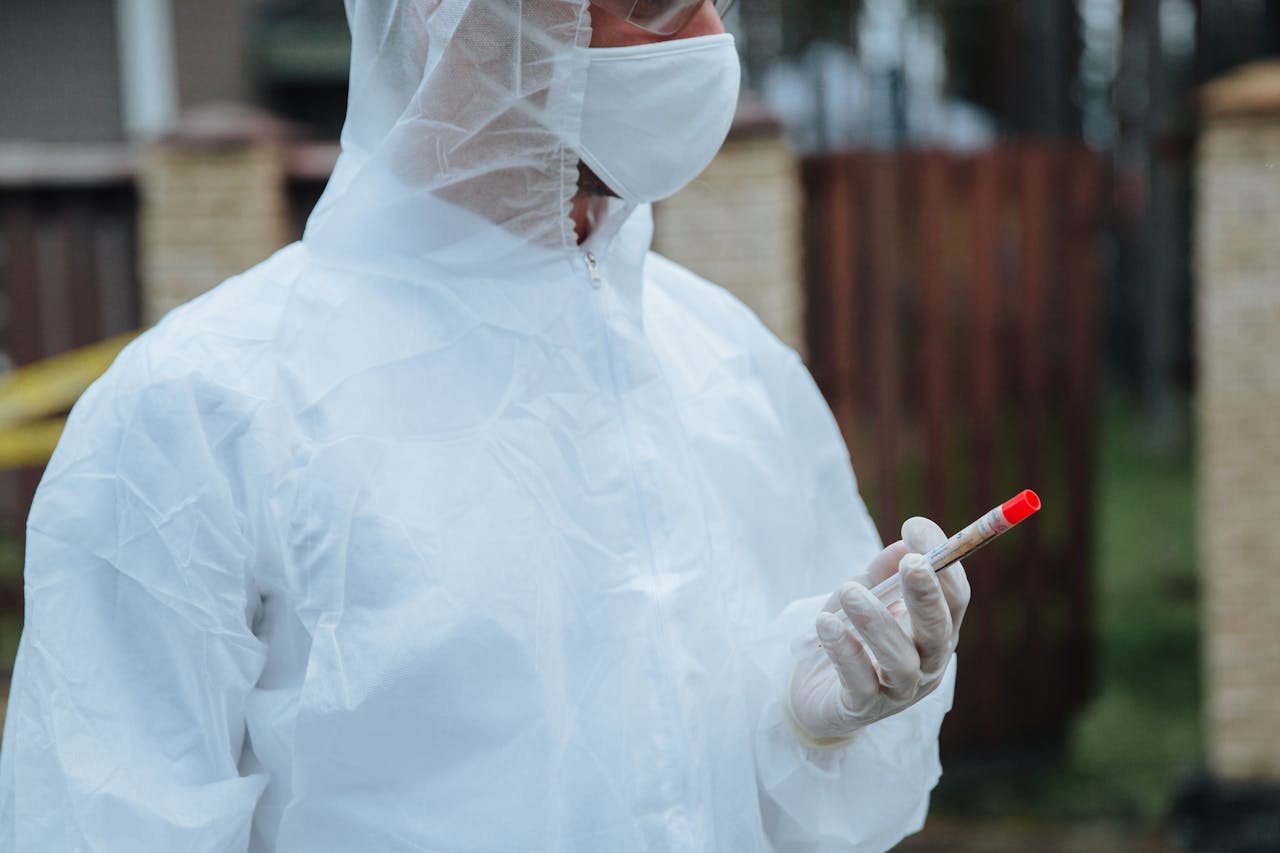Epidemiology is a dynamic and meaningful field at the heart of public health. Professionals in this area investigate patterns of diseases, develop prevention strategies, and influence healthcare policies. As discussed in recent literature on field evolution and capacity building, careers in epidemiology offer the opportunity to create a real-world impact by improving health outcomes on local, national, and global scales.
Students aiming to enter this field often begin by studying a degree in biomedical science, providing them with the scientific foundation needed to pursue further education and specialised training.
What Does a Career in Epidemiology Involve?
Epidemiologists study the causes, distribution, and control of diseases within populations. Their daily responsibilities include:
- Data Collection and Analysis: Gathering health data through surveys, interviews, and medical records to identify patterns and trends.
- Disease Surveillance: Monitoring outbreaks and emerging health threats to inform public health responses.
- Research and Publication: Conducting studies to understand health risks and publishing findings to guide medical practice and policy.
- Developing Public Health Programmes: Designing and overseeing the implementation of initiatives that improve societal health.
- Policy Advising: Collaborating with governments, healthcare providers, and organisations to develop evidence-based health policies.
Career Paths in Epidemiology
Students often start with a foundation in science to prepare for undergraduate studies in biomedical sciences or public health. Upon completion, graduates in epidemiology can pursue a wide variety of career paths, such as:
- Field Epidemiologist: Investigating disease outbreaks on-site and implementing immediate containment measures.
- Infectious Disease Specialist: Focusing on diseases like influenza, HIV/AIDS, or COVID-19 to manage public health threats.
- Chronic Disease Epidemiologist: Studying long-term illnesses such as diabetes, cancer, and cardiovascular disease.
- Environmental Epidemiologist: Examining how environmental factors like pollution impact human health.
- Genetic Epidemiologist: Exploring how genetic predispositions contribute to health and disease.
Skills Needed for a Career in Epidemiology
Successful epidemiologists share several key skills:
- Statistical Analysis: Ability to interpret complex data using epidemiological software.
- Critical Thinking: Drawing accurate conclusions from research findings.
- Communication Skills: Presenting research clearly to policymakers, scientists, and the public.
- Problem-Solving: Designing effective solutions to public health challenges.
- Attention to Detail: Ensuring accuracy in data collection and interpretation.
These skills allow epidemiologists to create impactful research and develop effective health interventions.

Where Do Epidemiologists Work?
Epidemiologists are employed in various sectors, including:
- Government Agencies: Ministries of Health, Centres for Disease Control, and public health departments.
- Hospitals and Healthcare Facilities: Conducting infection control and healthcare-associated infection surveillance.
- International Health Organisations: Working with the World Health Organisation (WHO) or Médecins Sans Frontières.
- Academic Institutions: Teaching and conducting research at universities.
- Private Sector: Contributing to research in pharmaceutical companies or consulting firms.
Why Pursue a Career in Epidemiology?
A career in epidemiology offers many rewards:
- Meaningful Impact: Improve population health and prevent disease on a large scale.
- Global Opportunities: Work internationally on major health initiatives and outbreaks.
- Career Flexibility: Specialise in areas such as infectious diseases, chronic illnesses, or environmental health.
- Job Stability: Demand for public health professionals continues to grow worldwide.
A strong academic background, such as a degree in biomedical science, is a crucial first step for aspiring epidemiologists.
Final Thoughts About Careers in Epidemiology
Epidemiology offers a challenging yet deeply rewarding career path for those passionate about public health and disease prevention. Through research, analysis, and intervention, epidemiologists play a crucial role in safeguarding communities around the world.
Starting with a foundation in science and progressing to advanced studies equips future epidemiologists with the knowledge and skills needed to thrive in this impactful profession.
FAQs About Careers in Epidemiology
1. What degree do you need for a career in epidemiology?
Most epidemiologists have a degree in biomedical science, public health, or a related field, followed by a master’s in epidemiology or public health.
2. Is epidemiology a good career choice?
Yes, epidemiology offers strong job prospects, meaningful work in public health, and opportunities to work internationally.
3. Where do epidemiologists usually work?
They typically work in hospitals, government agencies, research institutions, universities, and international health organisations.
4. Can I become an epidemiologist with a biomedical science degree?
Yes, a biomedical science degree provides a strong foundation for postgraduate studies and careers in epidemiology.






